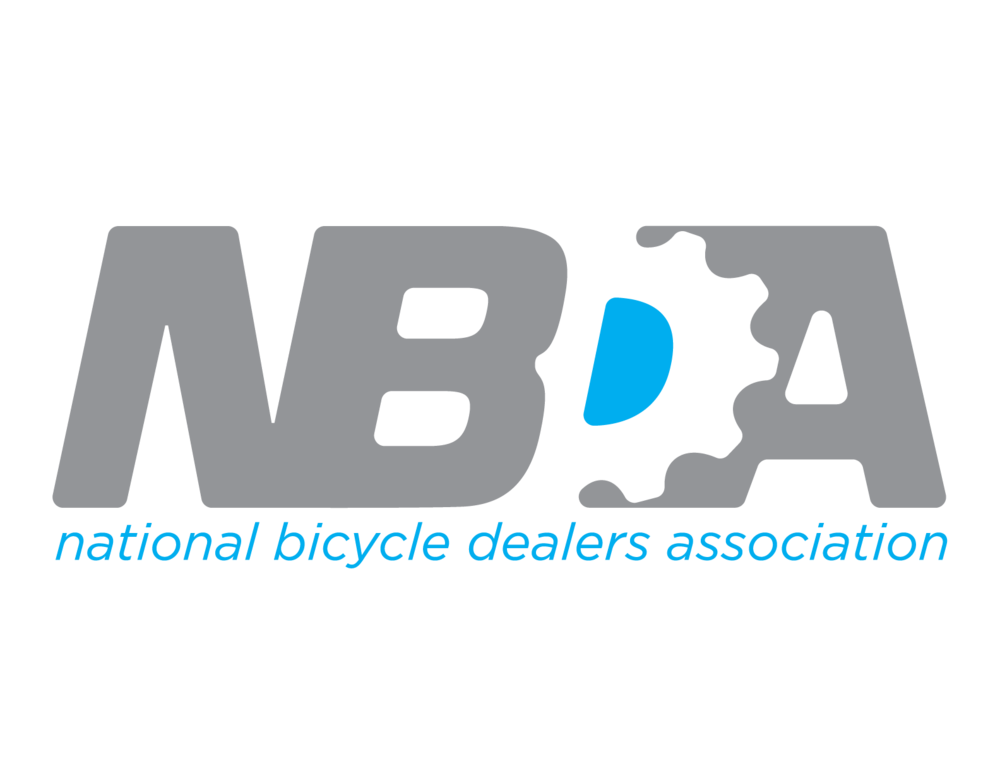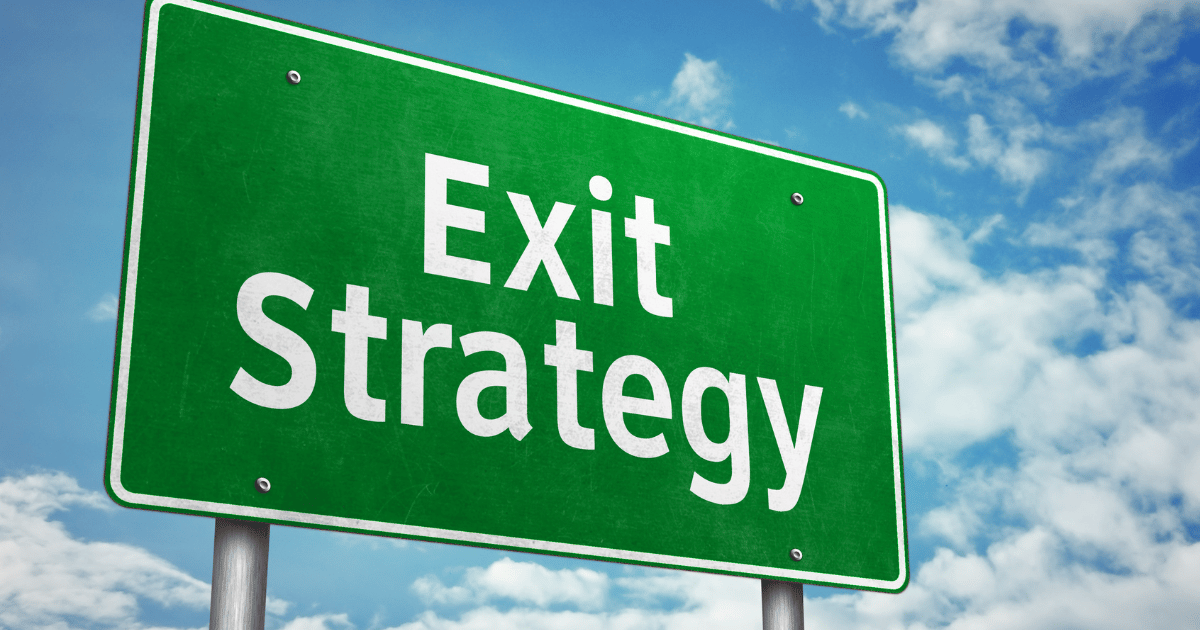Exit Strategies for Bicycle Retailers
Written by Neil Wechsler – NBDA P2 Business Consultant
“Begin with the end in mind”
Steven R. Covey – Successful Habit # 2
This essay is about two questions:
- Will you be able to exit or retire in a satisfactory financial position when you want to or have to?
- Will you feel proud of what you accomplished through running your bicycle business?
Before you even start investing in your new business it is useful to clarify what it is that you hope to accomplish. Short-term goals are useful, but you should also define your longer-term goals or “mission.” Doing so helps you make better decisions day in and day out through your career, including how you create and implement an exit strategy.
Your Mission Statement that you write for public consumption should be just two or three sentences long, but it may make sense to write a longer one for yourself that includes more breadth and detail of what the purpose is that you want to fulfill. It should still be very concise and clear. Your mission may change over the years, and you should update your exit plan as appropriate.
When they are ready to move on, most store owners want to sell their business, but there are other possibilities:
- Pass ownership along to your offspring by sale or gift.
- Close the store and liquidate the assets.
- This could be the best approach for any of the following reasons:
- You are great at promoting big events and can earn enough in a going-out-of-business sale to comfortably move on to the next phase of your life. You may be able to earn more with a closing sale than you would by selling your company.
- You have tried selling your store and no one seems to want to buy it.
- You might be able to sell it, but you can’t find someone who will take the business in a direction that you find acceptable.
- This could be the best approach for any of the following reasons:
- Keep ownership of the store but create a management structure that does not require you to work there.
- Sell the store.
- Who might buy it:
- Sell to an employee or employee group (see notes * below)
- Sell to a customer or customer group
- Sell to another retailer or another individual in the industry
- Sell the store to someone who wants to start in the industry
- Sell the store to a bike brand
- How would you find a buyer?
- Advertise in appropriate media
- Talk to people that you have connections with
- Engage a business broker to help find a buyer
- What can you do to maximize the value?
- Demonstrate a history of ongoing profitability
- Maintain a great reputation in your community that is about more than just you.
- Offer a lean inventory that has few “orphan” products
- Have an attractive, organized facility equipped to take care of today’s customers efficiently, and ready to adapt to the future.
- Have proven, efficient operational systems that are documented and can be readily taken over by someone else.
- Maintain clean, accurate, and comprehensive data that a successor can use to guide their buying decisions and communicate with their customers,
- Provide an opportunity for your successor to buy the building or acquire a favorable lease
- Who might buy it:
- other options?
With your purpose and your current financial situation in mind, if you are considering selling your business, you can ask yourself these important questions:
- Destiny
- My dream is that this is what becomes of my business__________.
- I would be content if this is what becomes of it ___________.
- Unless I get at least this outcome, I don’t want to sell it after all___________.
- Price
- I think the business could be worth as much as $__________, and I would love to sell it for that amount.
- I think we would be content with a sale for $________ and no less.
- How much is enough? How much do you think you will needso that you won’t face financial difficulty in the future?
- Timing
- It would be great if the business sells by this date ___________.
- It would be good if the business sells by this date____________.
- We feel we may be in trouble if we don’t sell it by this date_________.
- What would be the consequences if we never sell it?
* Notes on selling to an employee or employee group:
Selling your business to people who helped you build it can be gratifying and rewarding. Highly skilled and appropriately trained employees that already have great relationships with a large clientele in your store are likely to be successful in taking the business into the future. For this reason, the business may be worth more to them than it would be to other buyers who must build their reputation almost from scratch with the public and the suppliers.
If your business has been profitable and you believe it has considerable value, your employees are unlikely to have enough money to make the purchase. You will probably need to plan at least a few years ahead to make the sale. Seller financing of at least part of the purchase price for the employees may be necessary, but it is inadvisable unless they are able to provide a substantial down payment. There is no exact percentage that would be needed, but it should be large enough that they would not forfeit it unless they absolutely had to, and that you would not be left with a big loss if they walked.
While the employees may be able to borrow some of the money from a commercial lender or people they know, you may also be able to come up with a way for them to build equity in the business over a defined number of years as they are working for you. Exactly how you do this would depend on both their circumstances and yours. I could help you design a specific plan that meets your needs. The result should be that within a set amount of time, perhaps five years, they will have earned potential extra income that would not be paid as a cash bonus but could only be used as a significant part of their down payment.
This transition period should also be used for your successors to learn about aspects of the business that they didn’t need to know about previously. This could include management, accounting, merchandising, buying, supplier relationships, and much more.
If you define your priorities clearly and give yourself adequate time to account for some misses along the way, you can find a path to a happy conclusion to your current role in your bicycle business.
Content Provided by NBDA P2 Consultant Neil Wechsler
I hope the above article was useful to you, whether you are just thinking of starting in the bike business or are further on in your career. Please call or write to me with your thoughts on how to plan and carry out a successful exit strategy.
Retail Management Consultant and founder of Montlake Bicycle Shop, Kirkland Bicycle, and Main Street Mountain Bikes located in the Seattle, Washington area. After 40 years of running small to medium sized retail companies, Neil is now consulting others to help them achieve their goals in bicycle retail.
With a life-long love of both bicycle riding and the bicycle business, Neil has taken every opportunity to deepen his understanding of the industry through continuing education, training, and professional guidance. Neil can address your concerns regarding almost any aspect of bicycle retail management including staff development, inventory planning and control, vendor relations, financial analysis, continuous improvement programs, succession strategy, business valuation and more.
To schedule a la carte consulting: Email neil@nbda.com or Call (206) 271-7047










